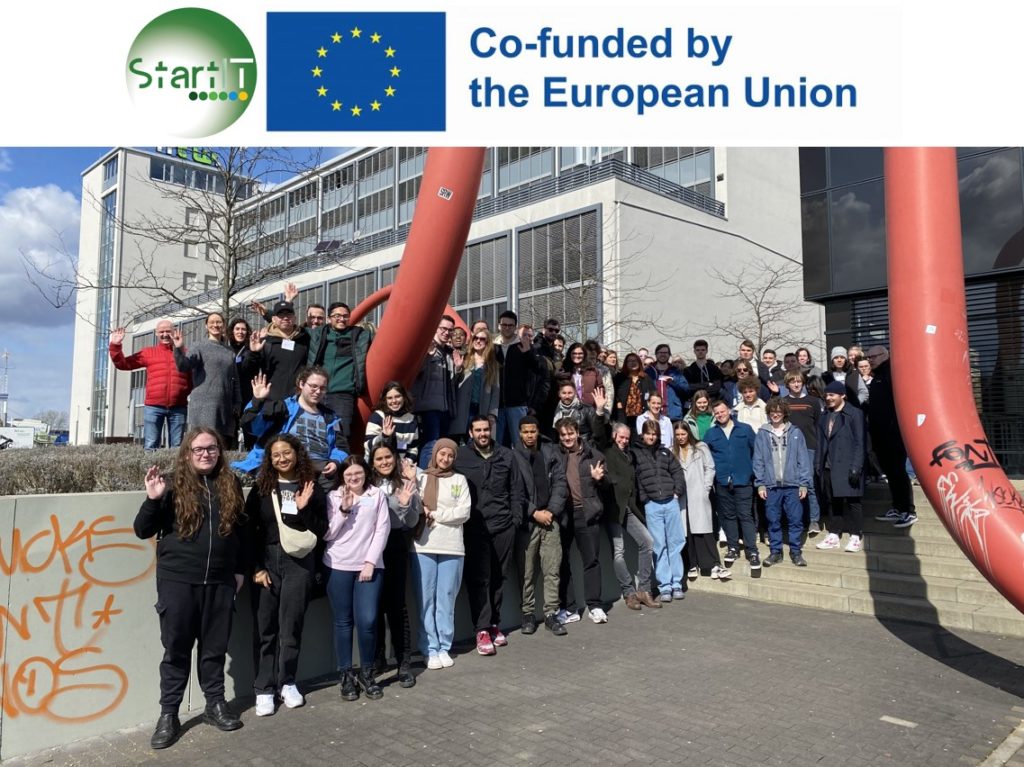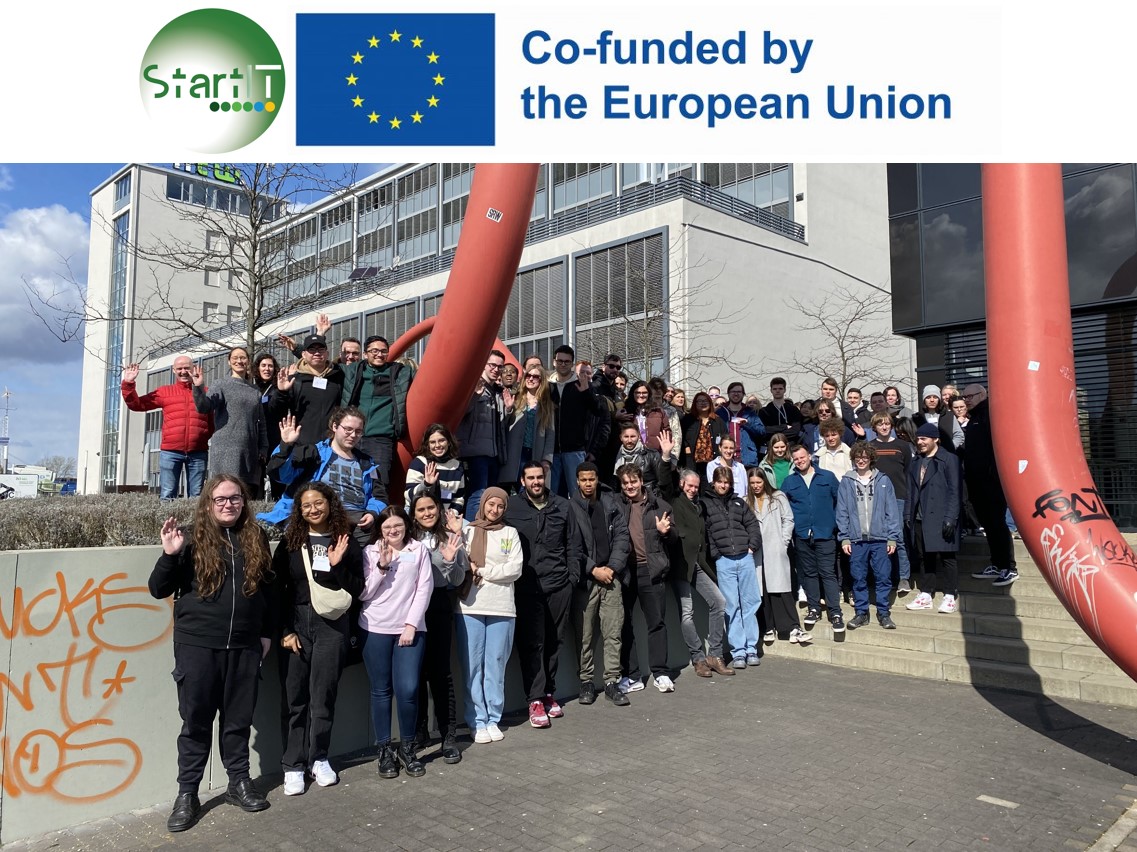Johanna Hautamäki
Heikki Ahonen
Hiram Bollaert
Katharina Simbeck
Katrin Dziergwa
Philippe Possemiers
Zofia Stawska

The working life and the skills needed are in a big change. COVID-19 has had a profound effect on our lives and the way we work. By moving online, third-level education across the EU has mainly remained open, but merely studying on-line does not develop all skills. With the project StartIT we are providing students more possibilities for internalization and mobility, to connect in person with students from different countries, while learning important future skills for working life with active learning methods.
The ways of working in hybrid environments and flexible work life balance are evolving. Skills, such as social and emotional skills, empathy, and respect for others, are being recognized as important cognitive skills in working life. We are addressing this need with our new project StartIT – Development of soft and future skills using digital entrepreneurship (28.02.2022–27.02.2025). For learning these skills in practice, we are arranging three eleven-day events in the project. This article focuses on describing the experience of staff and students during our second event in Berlin 26.3.–5.4.2023 that was organized by the project StartIT lead partner HTW Berlin University of Applied Sciences. The other partners in the project are Instituto Superior Politécnico Gaya, (Portugal), Uniwersytet Lodzki (Poland), Artesis Plantijn Hogeschool Antwerpen (Belgium), Dundalk Institute of Technology (Ireland) and Centria University of Applied Sciences (Finland). The data was collected by interviewing participants during the event.
In the events we are organizing, 60 students and 10 mentors from the six participating institutions are brought together and great things are achieved. Students work in 6-person multicultural and multidisciplinary teams with an actual working life assignment. Future skills and soft skills are increasingly important in working life and sought after in the labour market. In these events students get to learn these in practice with active learning methods. Project brings together students from different cultures, fields of expertise and backgrounds working as teams.
In the Berlin event the assignment was to create a welcome app for Treptow-Köpenick area in Berlin. The development work included a prototype of the app and a business model, with sustainability also being one of the themes for the development work. The mentors worked with the student teams throughout the event and got an inside perspective on the working process. They met with their assigned team each day and went over the working process with the team. Each mentor had their own different fields of expertise, and they could also advise any other teams when they needed these different perspectives. At the end of the event mentors from different countries and the students from Centria shared their experiences with us. Here are some insights from our Berlin event participants.
Why are projects and events like these important?
Both students and mentors appreciate that these kinds of events bring different nationalities together. Participants learn how similar they are, gain an understanding of other cultures, and become part of a multicultural team and environment. The experience is empowering for the participants. Especially for students this is a unique opportunity as they get a totally new perspective also on their own culture, and by sharing it with people from other cultures, they learn a lot. During the event students from each school do a country presentation. These increase the knowledge and interest in exchanges between schools.
These events are a space and a time for students to immerse themselves completely in one project, focus their whole attention on it, since they have no other classes at the same time. Many of the students are not used to active learning, so this is a completely different approach for some of them. The working process gives participants a feeling of success shared together with their team. Teamwork during the event brings experience and appreciation to different skill sets, and non-IT students have a chance to see what they can contribute. Some of the students also experience being self-sufficient away from home abroad for the first time, and they gain courage to try new things. This may also be the first ever project that they have done in English. Their communication and presentation skills are developing a lot. Understanding of project management, app development and business models will increase while working. The local HTW Berlin students also valued working with international teams, because they gained internationalization at home. Only a few of the participating students have visited Berlin before and the project presents them with the opportunity that may not have happened otherwise.
Mentors get an opportunity to compare teaching and mentoring methods and learn from each other. They gain insights into different working styles and how the participating universities operate. Mentors enjoy the opportunity to compare teaching styles, find new approaches and learn from peers. They are forging connections to other researchers and teachers. This co-operation is increasing international networking; mentors also write publications together and plan new co-operations. Working together for 10 days gives the opportunity to form a much deeper connection than meeting only briefly online. However, mentors also must multitask during the event: writing reports, discussing new possibilities for co-operation for papers, conferences, and new projects.
“These events are great because it allows us to exchange ideas with groups of students, it increases the level of my work happiness. It invigorates me and gives me new ideas.”
From the organizational point of view the level of expertise among the participating staff will increase. The partnership between the project partners has been ongoing for 10 years now. We have brought in new partners and created several spin-off projects and done staff exchange. We also bring into the events new staff from our organizations, so that we will disseminate the knowledge more. As a one practical example on the organizational level impact is, that HTW has integrated the StartIT learnings and methods to the own education, the teaching methods and staff experience influences the HTW organized classes. This co-operation between organizations, mentors and students grows into new connections, more internationalization.
There are always challenges
There are always challenges to a very intensive working period in the events. They are very taxing, so participants need to take care of their energy level. A learning from past events is, that both mentors and students should avoid scheduling other work during the events. Bringing together people from different cultures can lead to some misunderstandings, differences can come up, but these are situations for learning together to navigate in a multicultural community.
Traveling can also be complicated, because the logistics of bringing 70 people from different countries together with a fixed budget is a challenge. The academic calendars of the participating universities diverge which makes scheduling for events challenging. Organizing an event is always more work than expected. But good partnership and common experience help us to anticipate and navigate the challenges.
In teamwork, at times some members are not as invested and leave more work to others. However, this is also a good experience to learn how to navigate teamwork. Similar situations can occur in the professional world in teamwork, participation in the event gives an opportunity to learn how to overcome difficulties. In the end, most of the students were invested, hardworking with an entrepreneurial spirit and enabling all teams to achieve their goals.
What did participants enjoy most?
Socializing is one of the favourites for participants. Mentors meet their colleagues and form long term professional and personal relations. Students also grow their personal and professional network.
It is always exciting and rewarding to see the final presentations at the end of the event, how the ideas develop during the work process. We also get to see how the student’s confidence and skills level grows during the process.
Multidisciplinary staff during the event is more diverse and gives new ideas in different ways than one would normally see in regular classes. For example, sustainability is much more integrated into everyday activities than was expected by many participants beforehand. Participants especially enjoyed gaining cultural knowledge and understanding of other cultures as well as skills in new tools such as Figma, Business Model Canvas and Moodle.
“We had pizza on Saturday, and we also offered it to the other students in the premises. It created a really nice atmosphere and sense of community between all participants, students, and staff.”
Local students were the ones that do not usually travel and have access to this kind of co-operation on top of the regular curriculum. This project also offered the local participation an empowering experience and they felt good about participating, they rose to the occasion.
What happens after the event?
Erasmus+ mobilities prepare students to integrate themselves in a global workforce. They are encouraged to increase their level of expertise further and they become more multidisciplinary as professionals and have better communication skills, they also have more cross-cultural tolerance.
Local partners of Berlin Treptow-Köpenick town hall got another perspective on their operations. Students gave a fresh and new perspective on their services. Students are also potential users of their services, many of the ideas that teams were working on during the event were for immigrants and students who arrive to Berlin.
The next Erasmus+ mobility within the project StartIT will be in spring 2024. We will be looking in on the results from the Berlin event and develop further our learning methods, materials and process them further based on our research and experiences. The process continues as we plan for Antwerpen 2024.
Start-IT is a project developed by a consortium of six European Union HEI, led by HTW Berlin, and financed by Erasmus+ under contract n.º 2021-1-DE01-KA220-HED-000023215. https://net.centria.fi/en/project/start-it/
Johanna Hautamäki
RDI-expert, service designer
Centria University of Applied Sciences
+358 40 631 6754
Heikki Ahonen
Lecturer ICT
Centria University of Applied Sciences
+358 40 653 6064
Hiram Bollaert
Lecturer / Researcher
AP University of Applied Sciences and Arts Antwerp
Katharina Simbeck
Prof. Dr.
HTW Berlin University of Applied Sciences
Katrin Dziergwa
Prof. Dr.
HTW Berlin University of Applied Sciences
Philippe Possemiers
Lecturer
AP Hogeschool
Zofia Stawska
Lecturer
University of Lodz


